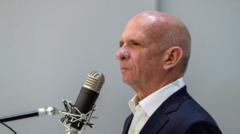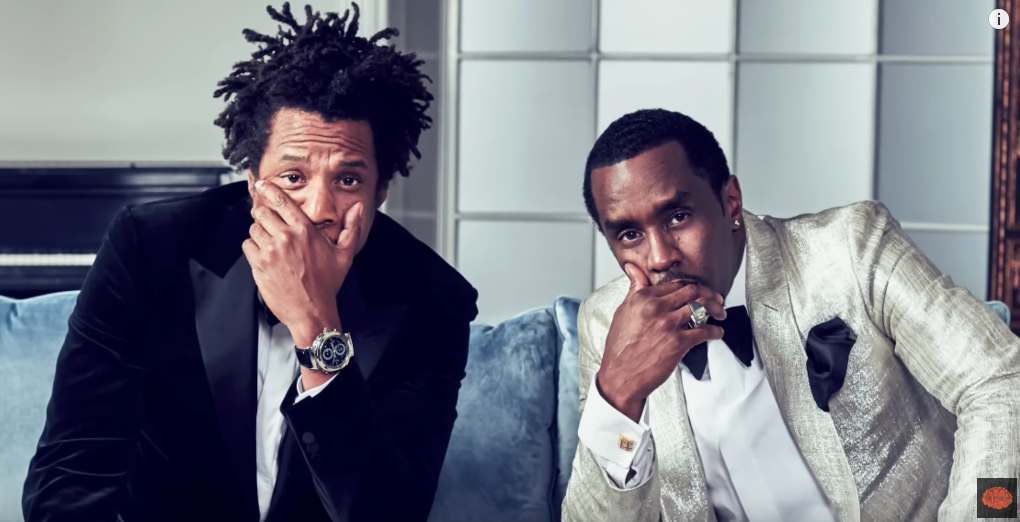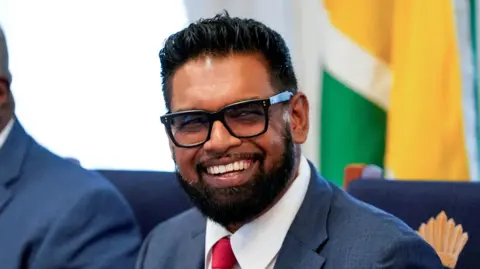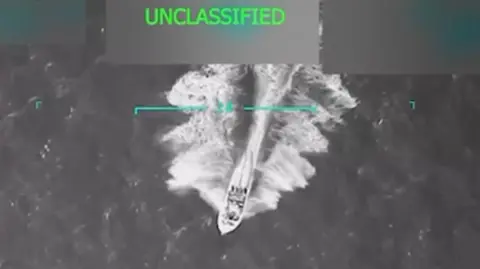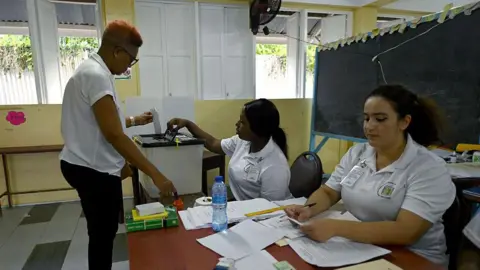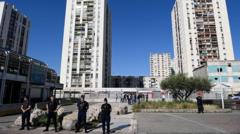In a courtroom statement announcing his guilty plea, Carvajal, 65, was implicated in a drug-trafficking network referred to as the "Cartel de los Soles," which comprises powerful Venezuelan military figures. According to the US Attorney's Office for the Southern District of New York, this organization systematically flooded American cities with cocaine.
Previously in denial of these allegations, Carvajal's change of heart raises suspicions that he may have struck a deal that could lead to a reduced sentence in exchange for information regarding the administration of current President Nicolás Maduro, who has already been charged with "narco-terrorism." The relationship between Carvajal and Maduro has deteriorated, particularly after Carvajal supported anti-Maduro protests in 2017 and later urged military support for opposition leader Juan Guaidó.
After evading capture for years, Carvajal was tracked down to a hideout in Madrid, where authorities apprehended him despite his attempts to disguise his identity. As he now faces the consequences of his actions, the implications of Carvajal’s testimony could potentially expose more layers of corruption within the Venezuelan government.
This plea not only underscores the pervasive issue of drug trafficking that has plagued Venezuela but also highlights the international dimension of the narcotics trade, linking powerful figures within the Venezuelan military to global drug networks.
As the story unfolds, analysts will be watching closely for further developments, especially regarding Carvajal’s potential testimony and its impact on the current political landscape in Venezuela.
Previously in denial of these allegations, Carvajal's change of heart raises suspicions that he may have struck a deal that could lead to a reduced sentence in exchange for information regarding the administration of current President Nicolás Maduro, who has already been charged with "narco-terrorism." The relationship between Carvajal and Maduro has deteriorated, particularly after Carvajal supported anti-Maduro protests in 2017 and later urged military support for opposition leader Juan Guaidó.
After evading capture for years, Carvajal was tracked down to a hideout in Madrid, where authorities apprehended him despite his attempts to disguise his identity. As he now faces the consequences of his actions, the implications of Carvajal’s testimony could potentially expose more layers of corruption within the Venezuelan government.
This plea not only underscores the pervasive issue of drug trafficking that has plagued Venezuela but also highlights the international dimension of the narcotics trade, linking powerful figures within the Venezuelan military to global drug networks.
As the story unfolds, analysts will be watching closely for further developments, especially regarding Carvajal’s potential testimony and its impact on the current political landscape in Venezuela.

